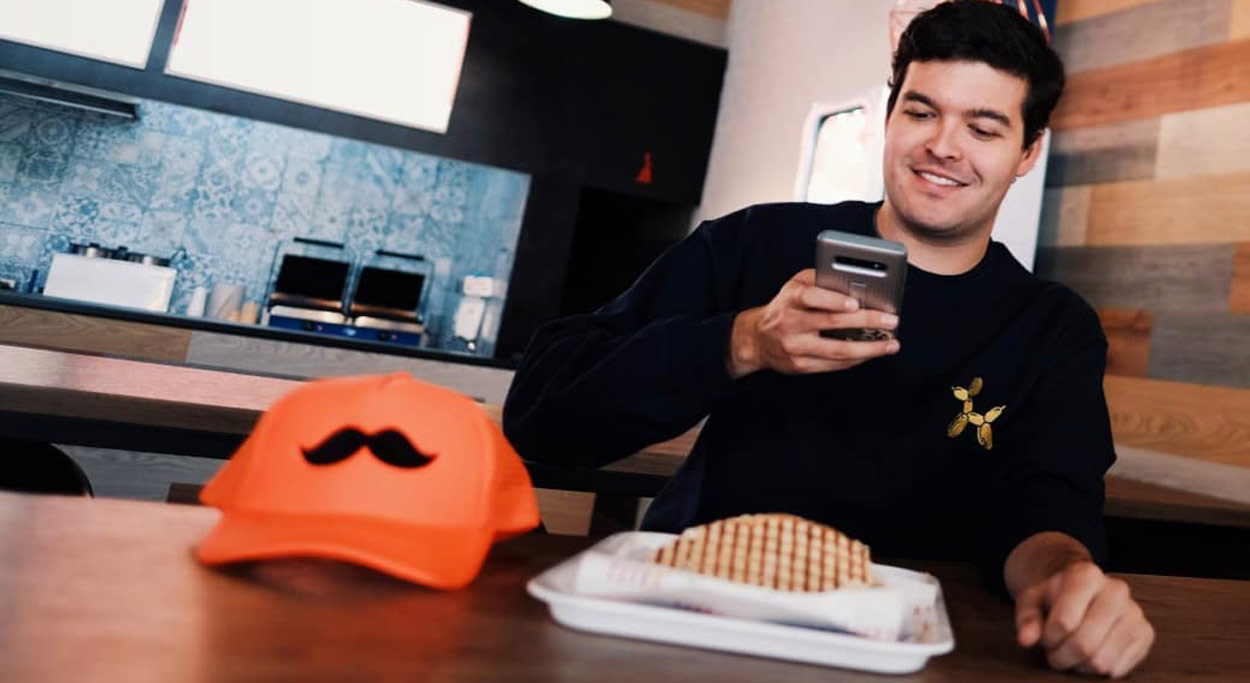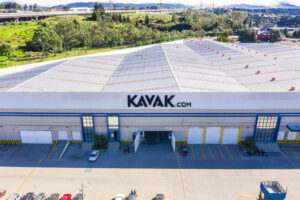
Por Mariana López
March 19, 2020
[wd_hustle id=”InArticleOptin” type=”embedded”/]
Contxto – During storms out at sea, sailors hunker down and wait for the foul weather to pass. And in real life, quarantines because of the coronavirus outbreak have led us to a similar situation. Everywhere, people are stockpiling on groceries, toilet paper (for some reason), and staying home.
This paints a grim picture for many businesses but also a unique opportunity for others. Last Monday (17), Colombian last-mile delivery startup Rappi reported it’s experienced a 30 percent increase in deliveries in January and February of this year, compared to 2019.
Related article: What COVID-19 will do to our startup ecosystem in Latin America
“We noticed a significant increase in the number of supermarket orders,” said the startup. “Which we believe is a response from users concerned with uncertainties and quarantine measures being taken in different cities.”
Interestingly, Rappi’s competition, other food delivery businesses like iFood and Uber Eats were silent on that particular matter. The former said it was “too soon to tell.”
While Uber Eats stressed its eyes are elsewhere as it’s “actively monitoring the coronavirus situation,” according to Reuters. Perhaps it doesn’t pave well for a business to flaunt that it’s prospering in times of a pandemic.
In any case, I’d agree it’s too soon to tell. The coronavirus officially arrived in Brazil, Mexico, and Colombia correspondingly on February 26, February 29, and March 6.
Related article: Cornershop’s struggle with Uber acquisition: What’s actually happening
It is worth noting that in the US, grocery delivery businesses like Instacart and Shipt have had an increase in app downloads. Meanwhile, their gig shoppers are overwhelmed with work.
Moreover, food deliveries are slowing down as people stay home and make their own meals based on data gathered by Apptopia, an app store intelligence company.
Shoppers in Latin America may shift their consuming habits in a similar way and opt for these contactless grocery delivery alternatives startups are cooking up.
I’m also pretty sure Uber is sore that government approval of its acquisition of Cornershop’s grocery delivery business hasn’t materialized yet.
Although let’s not forget, a surge in demand can also put a ton of pressure on these startups and staff.
As a result, they’re probably already strategizing as to how to cope with contactless deliveries, but also heavy workloads.
Hey, it just dawned on me… thus far, we’ve said/written more about the coronavirus than unicorns in 2020.
Does that mean we’re complying with our New Year’s resolution after all?
Related articles: Tech and startups from Colombia!
-ML

Por Yanin Alfaro
February 17, 2026

Por Israel Pantaleón
February 17, 2026

Por Stiven Cartagena
February 13, 2026